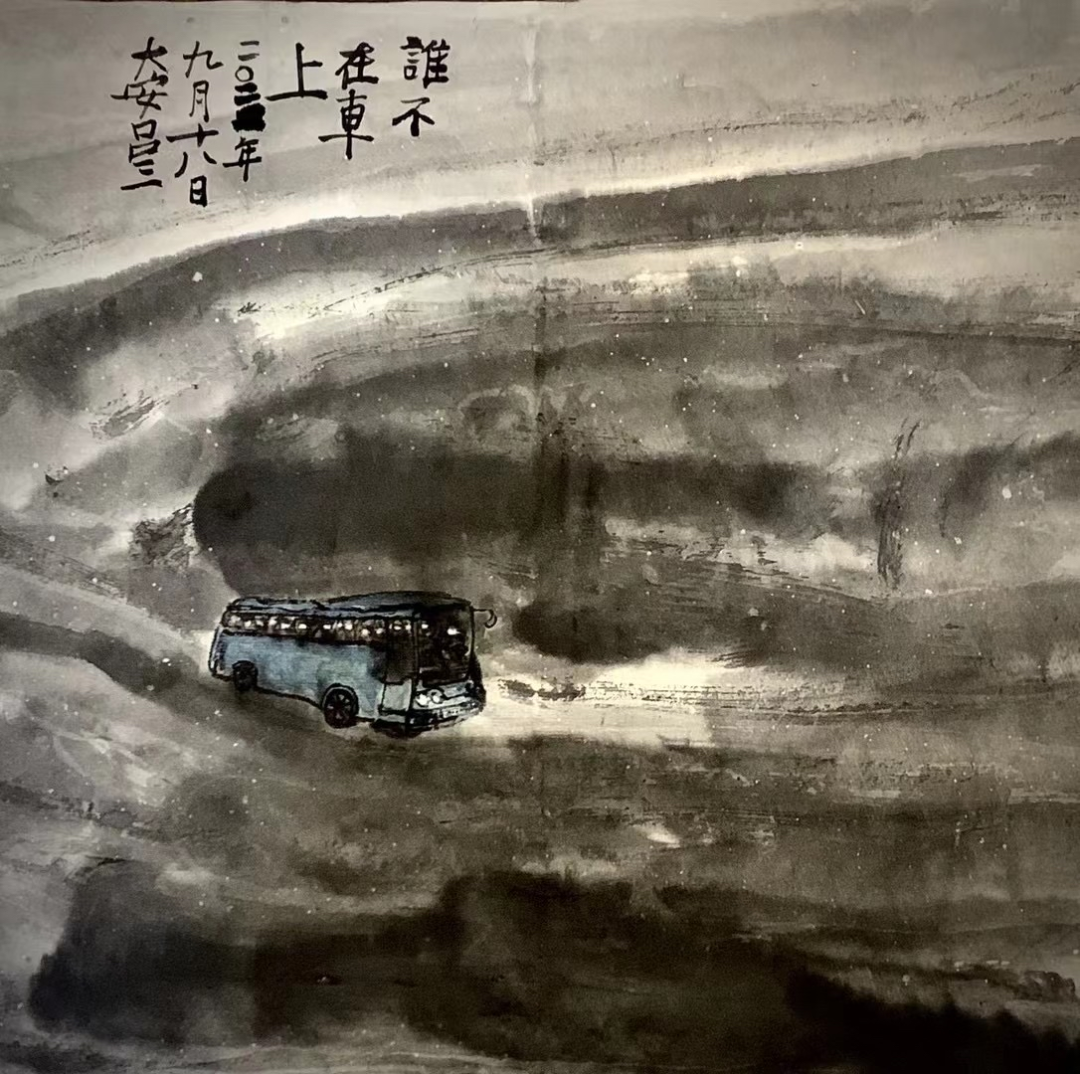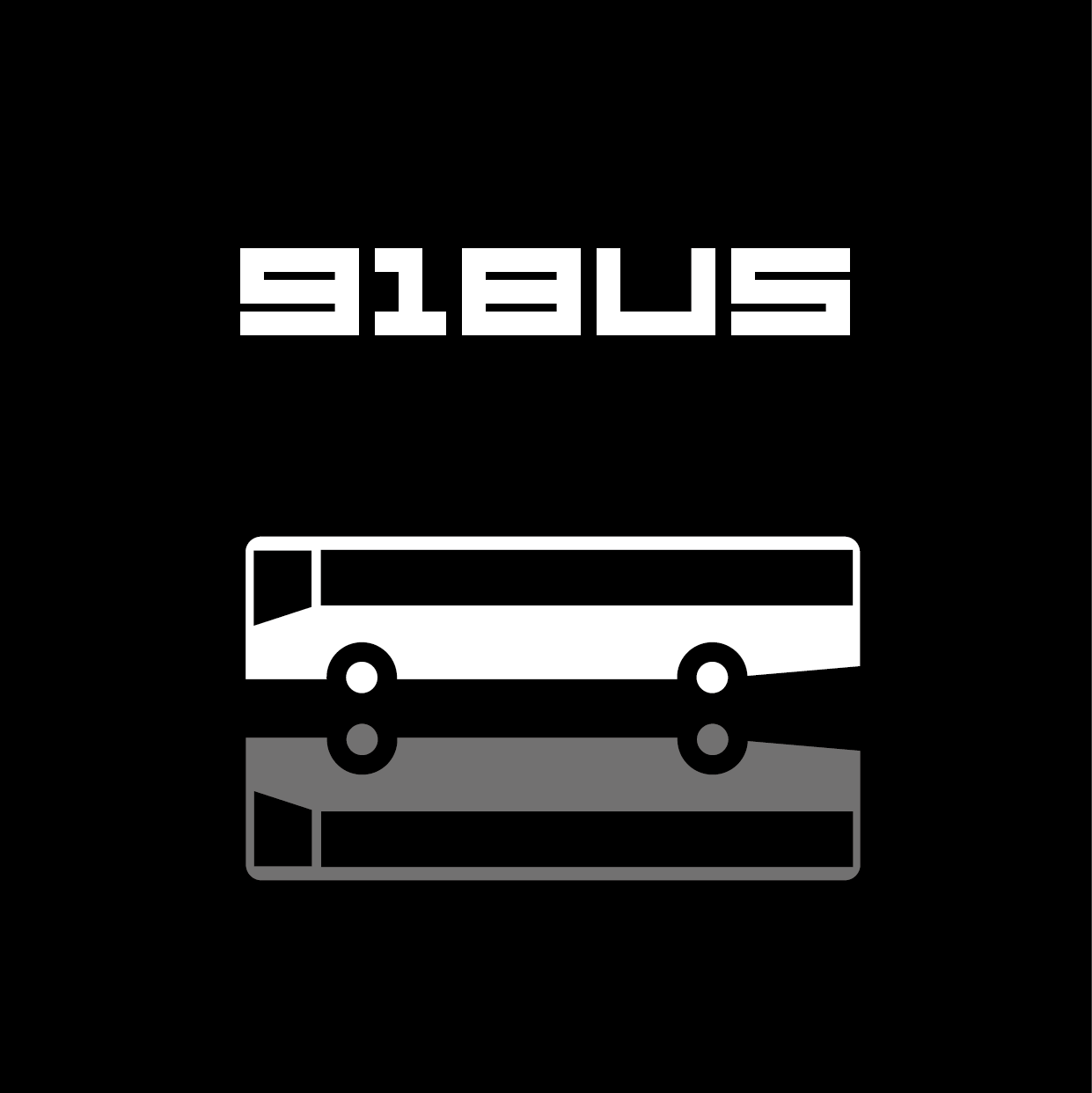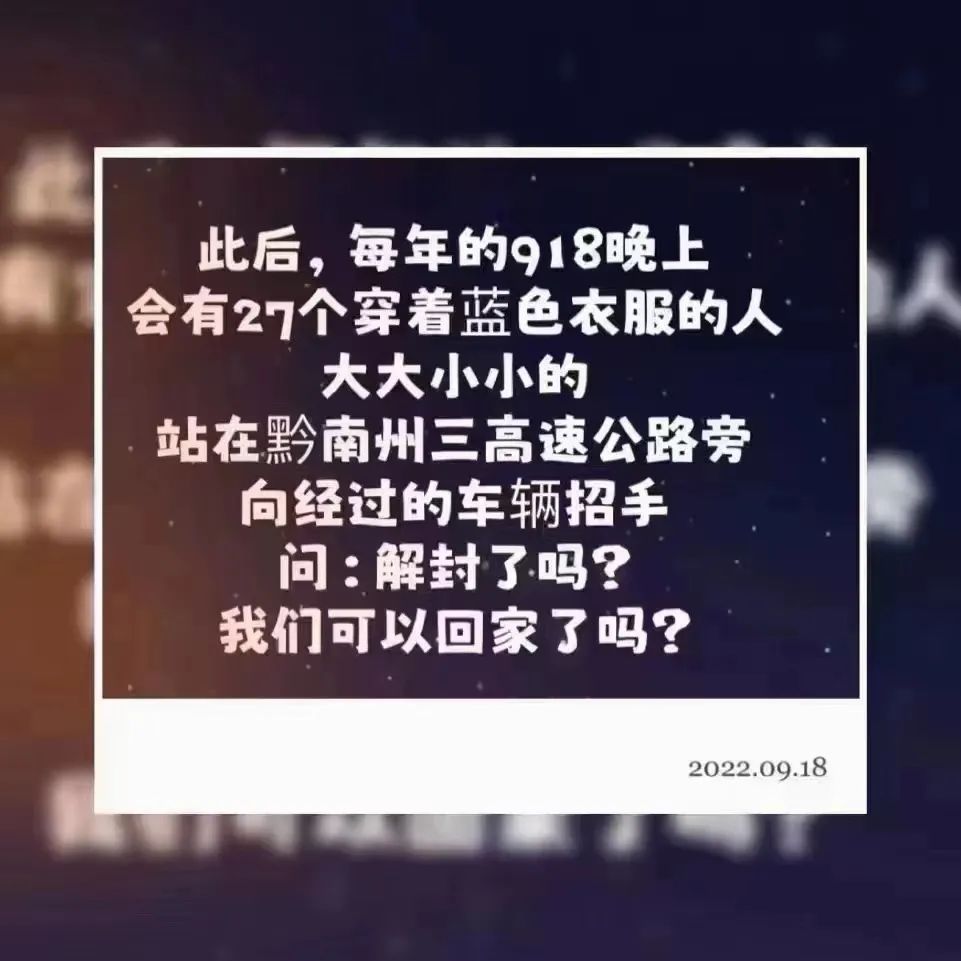
We're all on that bus

It has been the third year of the epidemic, and many people have seen the same scenes being staged in various places. I am afraid that many people have become numb. In the past two months, more than one person told me that when they saw news related to the epidemic, their hearts were gone. Any waves - even so, the "September 18" rollover incident in Guiyang, which has killed 27 people, shocked countless people.
Indeed, the official has come out to apologize, but it is worth noting that this does not mean to stop the practice of "social clearing" of people who are in close contact with people, and to reflect on the existing epidemic prevention policies. On the contrary, it is only a summary of experience. ——“There are some mistakes in our work, and we will do it more rigorously next time.” So the gears of this massive machine don't stop, it continues to pull people out.
Hu Xijin has already set the tone: "Such a serious traffic accident should never have happened", "but it is a tragedy of traffic itself, a production safety accident, and should not be directly related to the tasks performed by the passenger car."
Is it really just that?
The reason why the vehicle that was transporting close contact personnel rolled over on the mountain road in the early morning was due to the urgent requirements of epidemic prevention and to avoid public attention. Otherwise, 2-5 o'clock in the middle of the night was originally the time when the bus was banned, and the driver's fatigue driving , Obstruction of vision caused by wearing protective clothing may also be potential factors.
As Nie Riming pointed out after analyzing this incident in detail, there are many doubts about this incident, "it is by no means a simple traffic accident":
The rollover accident of a transshipment bus in Guiyang is not an isolated case. In the prevention and control of the epidemic in many cities, there are a large number of violations of laws and regulations. The only difference is that no accidents have occurred in other cities. It is not the first case that Guiyang transports people involved in the epidemic at night, but there will always be an accident in a city if there are too many violations of laws and regulations.
In this sense, rather than being "unlucky" for 27 lives, as some people say, it is better to say that those of us who have experienced epidemic prevention are "lucky" and escaped the disaster. This prompts us to re-examine our own situation, and as George Eliot said, hearing the world's suffering is like hearing "a deafening sound in a silent place."


This is why the experiences of these 27 people have aroused the empathy of so many people, because their situation may come to us at any time, and this cannot be avoided by our own care - when will it become close, almost completely random.
From a WeChat conversation that came out afterwards, the people in the car didn't even know where they were going, because "the driver didn't answer when someone asked where they were going", and only later did they know that "it said that they were going to Libo, I have never thought of going to Libo this way in my life"; another said: "Oh, just listen to the arrangement honestly."
This is really a typical Chinese people's philosophy of life. Although they are not diagnosed and harmless, and they don't even know where to be sent, they still believe that they should "listen to the arrangements honestly". In that dark night, they couldn't see the direction clearly, and they didn't know what fate was waiting for them, so they gave themselves to a stranger who could not give any certainty to control them.
In other words, there was originally a kind of "entrustment-trust system", and many people could not control their own destiny on weekdays. When encountering such a "big event", they naturally chose to entrust their life and death to a trustworthy person authority, I believe it can arrange everything. However, it turns out that giving up your right to control your own destiny can be a terrible mistake at any time.

Many Chinese people actually lack this kind of self-awareness. This spring, when the epidemic situation in Quanzhou was tense, a friend of mine, because he was in Hong Kong, was worried about his parents in his hometown, and told them: If someone came to the door to transfer them to the cabin, they must show the police number and documents, and ask if they were Where to go, be clear about your rights, and make a good recording.
What she did not expect was that her old father not only did not obey, but on the contrary was furious, calling her "brainwashed after being in Hong Kong for a long time". She sighed to me afterwards: "Think about it, my dad was still a college student in that era, and he was more open-minded than most of his peers, but he was the kind of red and professional intellectual who unconditionally trusted the country. ."
This is the common people in China. Many people are "obedient" because they are truly willing to give themselves, and this is also in their own interests. Even if there are some signs of "self-awakening" in recent years, it is still vague, or even if you see a little clearly, you are still unable to control yourself.
A "Yan Du Qianshan" said:
Why are you paying attention to the buses in Guizhou? I think, maybe it's just because more and more of us now feel that we are on an invisible bus, we can only follow the path given by others, we can only act according to the traffic regulations of others, and there is no one to discuss with ourselves. There is no room for expressing their needs, and they can only get on the bus, but cannot get off. At least now, there is no hope of getting off the bus, so when I see the bus in Guizhou, my heart is filled.

I don't know what kind of substantial change this event will drive, and those who don't want to wake up will definitely stay in their cocoons, but it will wake up at least some of them. Events like this create a special sense of community in all of us: we all share an inescapable situation; but if the environment cannot be changed for a while, then we can at least try to change ourselves.
The problem now is: many people don't know who "them" is. Many people look at reality with a "big picture" view. The reason why they can think so is that some people's real interests have not been affected during the epidemic prevention period, but others are not aware of their own interests, so they are affected by it. influence without knowing it. This is political naivety without a clear sense of self-interest.
When talking in the group, someone said: "Yes, I think the latter is what you said now. The former is cautious and rarely speaks. I saw one in the group yesterday, and everyone is talking about the miserable car accident in Guizhou. Now, he said, I am an ordinary person, the new crown will lead to a run, I support dynamic clearing for myself. Many people told him that after the epidemic, medical resources would be blocked directly to prevent a run, and he repeatedly said that it was for his parents The health of China also firmly supports dynamic clearing."
The difficulty is here: having a clear understanding of one's own interests is itself a manifestation of political maturity and marks the success of social modernization; however, conversely, without this understanding, it is difficult for us to be truly "modern."
Like my work?
Don't forget to support or like, so I know you are with me..
Comment…